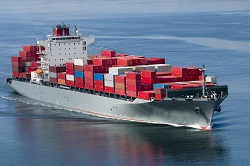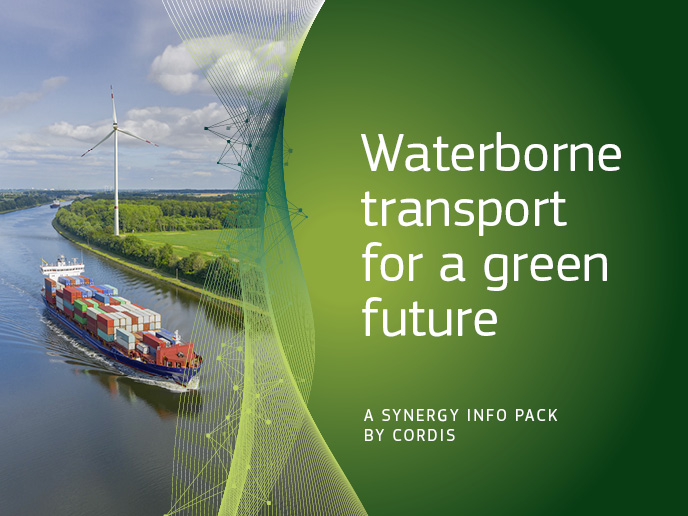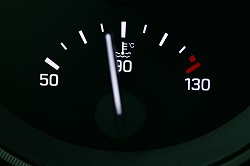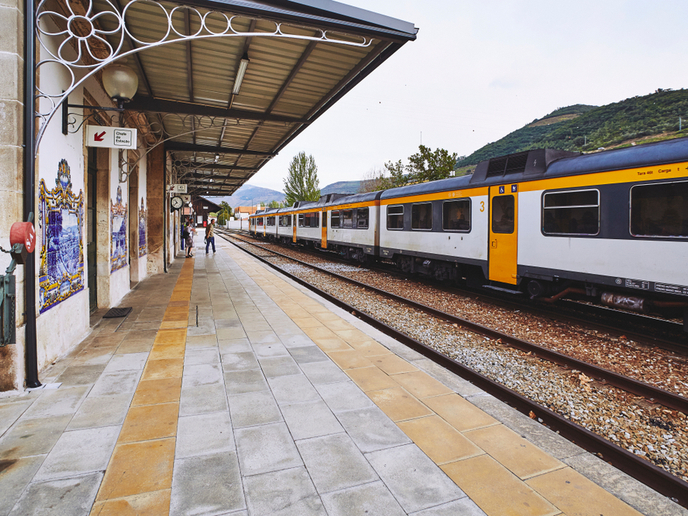Decision support tool reduces fuel consumption in ships
Speed optimisation in liner shipping has a significant economic and environmental impact on the reduction of fuel costs and greenhouse gas (GHG) emissions. This is because shipping and maritime logistics account for over 70 % of world transportation. What is more, marine shipping is responsible for about 3.3 % of global GHG emissions. How carbon footprint can optimise maritime service quality and costs Even though slow steaming is widely used as best practice for liner shipping companies, they’re also under pressure to maintain service level agreements (SLAs) with their cargo clients. A key operational decision for shipping operators is to determine an optimal sailing speed that minimises fuel consumption while complying with a given SLA. This decision mainly depends on a vessel’s schedule, and the challenge lies in uncertainties like stochastic port times and weather conditions. Port time uncertainty greatly influences the period that vessels spend at ports in anchorage, berthing, unberthing or drifting status. Increased port congestion and delays can negatively affect SLAs, potentially leading to increased logistics costs for customers. Better decision-making for greener maritime shipping A decision support tool can effectively address these issues. ‘A system that supports decision-making activities will enable freight carriers to lower fuel consumption, minimise the carbon footprint and cut back on costs without compromising the quality of their shipping operations,’ says Professor Habin Lee, project coordinator for the EU-funded project MINI-CHIP. MINI-CHIP developed a decision support system (DSS) that analyses the trade-off between fuel cost and SLAs for different vessel speed portfolios. ‘Voyage controllers are able to decide what the best speed for their vessels is so they can minimise fuel costs and meet all SLAs,’ explains Prof. Lee. A DSS prototype was tested twice to improve functionality. It was then successfully validated. Controllers save time and effort in gathering data and calculating optimal arrival time and vessel speeds. Experiments show the potential to save between 5 % and 10 % of total fuel consumption by making the right speed and bunkering decisions. The reduced fuel cost is directly linked to decreased CO2 emissions from liner services. The DSS boasts educational benefits, too. It can be used for teaching optimisation modules at business schools. Students utilise the DSS to formulate optimisation problems and conduct a trade-off analysis by changing different parameters. According to Prof. Lee, the work done during MINI-CHIP was groundbreaking. ‘To the best of our knowledge, no prior research has addressed minimising the carbon footprint of marine shipping as an explicit goal alongside SLA and cost objectives in a stochastic environment.’ MINI-CHIP also developed analytical methods to identify complex relationships between vessel speed decisions, bunkering port selection decisions, bunker prices, delay penalties and port uncertainties. Project partners are busy preparing a bid to submit another EU grant proposal in order to extend the outcomes of MINI-CHIP. The proposal is aimed at adding new optimisation services to the DSS, including vessel capacity sharing and developing strategies to recover delays from port and sailing disruptions. ‘The DSS should lessen the environmental impact of marine shipping operations in Europe and around the world,’ concludes Prof. Lee. ‘It will also contribute to the transformation of Europe into a low-carbon economy.’







